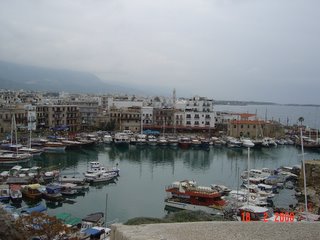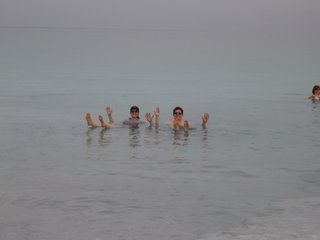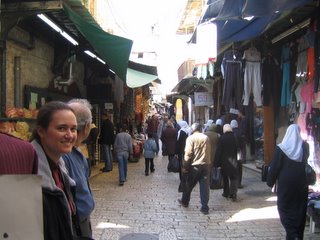Why is Cyprus so expensive?
I've been asking myself and everyone else here that question for the last five weeks and continue to be perplexed. We've been told and have come to terms with Cyprus' status as "the second most expensive country in Europe." Everything is basically twice the price that we would pay in the US, and more than we've ever paid on vacation in Europe. However, even with the high costs, Cyprus is lacking most of the charms, orderliness, and finesse of other high priced European destinations (I hope I don't get deported for writing that :^) There is virtually no public transportation, many buildings and infrastructure have seen better days, you'll be hard pressed to find manicured landscapes, you can't flush toilet paper, cable television hasn't been wired to 1/2 of Limassol (the second largest city in Cyprus)…that's just the beginning of things you wouldn't expect from such an expensive country.
Some things are cheaper, like international phone calls, housing (but of course our references for housing costs are New York City and the Bay Area), and local produce (a shocking 5 avocados for $2). There are lots of tax advantages here (a haven for "offshore accounts") so I'm guessing that income tax would be lower. The VAT is hovering at 15%, which adds to the shell shock for us. It's an island, so just like Hawaii, imported groceries cost much more. Gas, rental cars, dining out, cappuccinos, electronics, etc., are more expensive than what we pay in the US. A paperback book in English will cost $16. A People or other celebrity magazine in English will be at least $7. Day to day services like a men's haircut at $12 are comparable to the U.S. Clothes aren't much more expensive (unless you want expensive American or European brands, like Levi's, Diesel, and for some reason Timberland). However, the quality of clothes generally seems to be lacking, so there's no reason to go on a shopping spree here. It is possible to find "deals" in this peculiarly expensive country like these recent purchases at the Big and Tall store (for $.50 and $1.50, respectively):

What economic criteria are responsible for this situation? I still have no idea. No one can explain it. It just is. Theories exist on the internet, and good luck to those who can figure it out. I learned from a colleague here who lived abroad for many years that it is far better not to convert prices back into U.S. dollars. I'm trying to put that advice into practice but it's quite difficult. For our friend Kane, being from Malaysia, everything is 8 times as expensive here as he is used to…so we probably shouldn't be complaining.





































